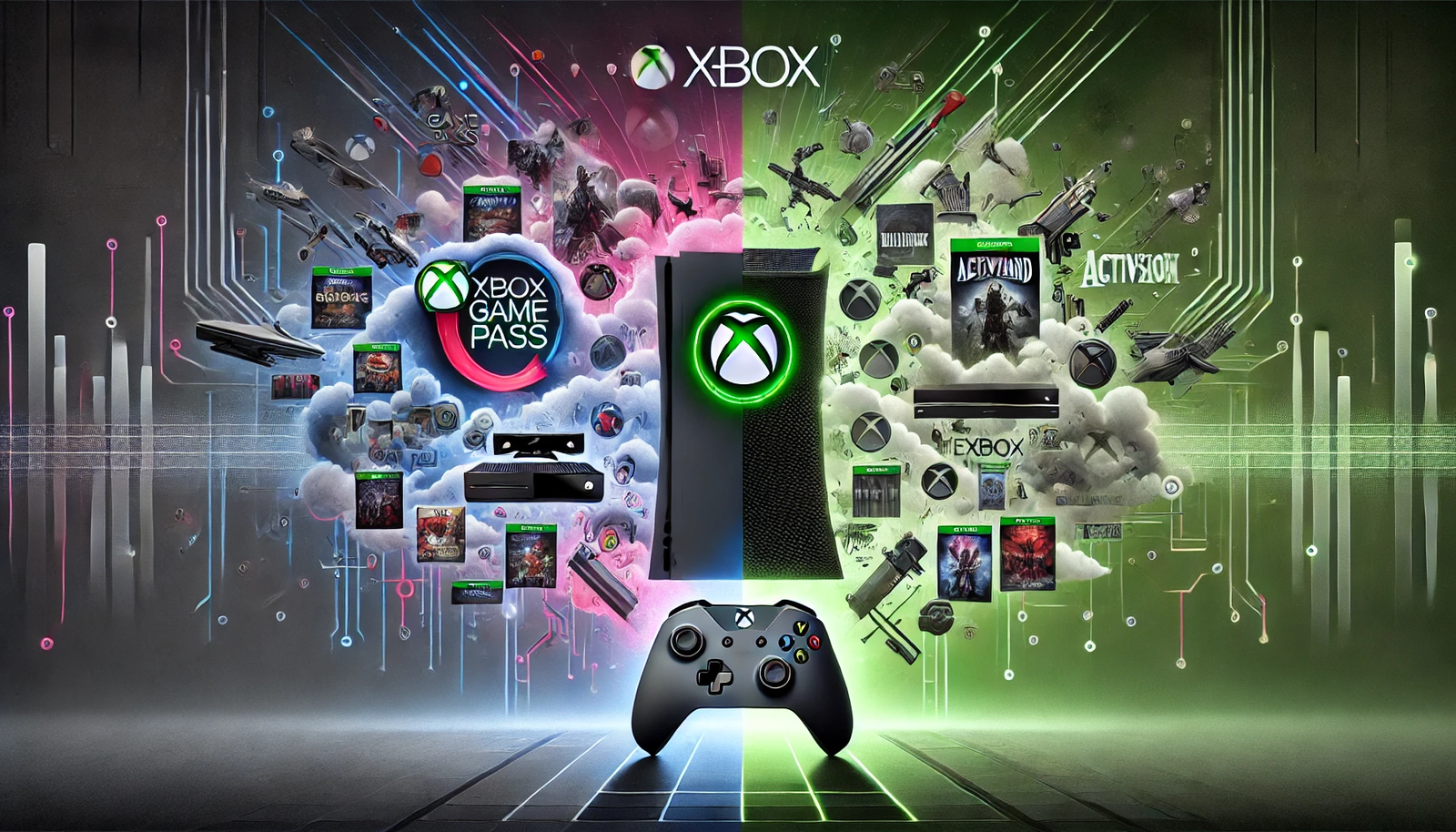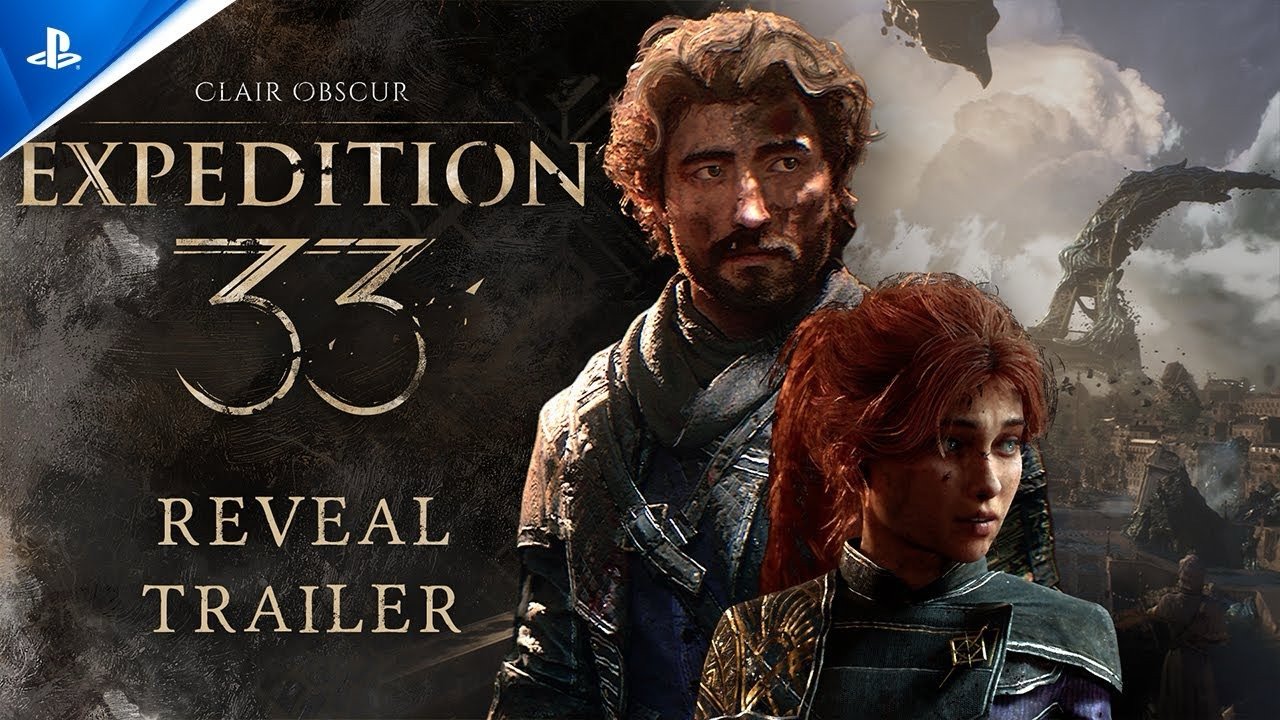Can Microsoft Have Its Cake and Eat It Too? The Contradictions in Xbox’s “Play Everywhere” Vision
The Game Pass Paradox: Subscriptions vs. Hardware
Microsoft’s aggressive push for Game Pass—touted as the “Netflix of gaming”—has reached 34 million subscribers as of 2024, up from 25 million in 2022. Yet Xbox Series X/S sales lag behind PlayStation 5 by a 2:1 ratio (22M vs. 46M units sold). The math seems simple: more consoles = more Game Pass subs. But Microsoft’s pivot to multiplatform releases (e.g., Sea of Thieves on PS5, Hi-Fi Rush on Switch) suggests a strategic contradiction.
Why It Doesn’t Add Up:
- Game Pass Relies on Ecosystem Lock-In: Subscriptions thrive on exclusivity (see Netflix, Spotify). Yet Xbox now gives players fewer reasons to own its hardware.
- Hardware Sales Fund Content: Consoles are sold at a loss; profits come from software and subscriptions. Without hardware growth, Game Pass’s margins shrink.
- PlayStation’s Counterplay: Sony leverages exclusives (Spider-Man 2, Final Fantasy VII Rebirth) to drive PS5 sales and keep players in its ecosystem. Xbox’s “come one, come all” approach risks ceding its core audience.
The Exclusives Dilemma: Why “Case-by-Case” is Code for Confusion
Microsoft’s acquisition spree (Bethesda, Activision Blizzard) was supposed to secure must-have exclusives. Instead, the company has waffled:
- Starfield: Xbox/PC exclusive, but failed to move hardware (Series X sales grew just 5% post-launch).
- Indiana Jones: Rumored for PS5, undermining Bethesda’s value as a differentiator.
- Call of Duty: Staying multiplatform, but PS5’s larger installbase means Sony still earns 30% royalties on CoD sales.
The Proposed Fix (That Microsoft Ignored):
- Xbox Games Studios: Full exclusives (Halo, Forza) to anchor hardware sales.
- Bethesda: Hybrid model (e.g., Elder Scrolls VI exclusive, Fallout 76 multiplatform) with Game Pass perks.
- Activision/Blizzard: Third-party releases (Diablo IV, Overwatch 2) but day-one Game Pass access for Xbox/PC.
This strategy would’ve preserved Xbox’s identity while monetizing third-party reach. Instead, Microsoft’s “everything for everyone” approach dilutes its ecosystem.
Game Pass’s Hidden Problem: The $20B Content Trap
Game Pass requires $1–2 billion annually in content investments to retain subscribers. But without exclusives, Microsoft is stuck:
- Third-Party Costs: Paying publishers like EA and Ubisoft $500M–$1B/year for temporary Game Pass access.
- Diminishing Returns: Adding older titles (Grand Theft Auto V, Red Dead Redemption 2) spikes subscriptions short-term but doesn’t build loyalty.
- Netflix’s Lesson: Netflix’s subscriber growth plateaued until it invested in originals (Stranger Things, The Crown). Xbox is repeating Netflix’s early mistakes.
The Cloud Gaming Mirage: A Distraction, Not a Solution
Microsoft touts Xbox Cloud Gaming as the future, but the numbers don’t lie:
- Cloud Gaming Revenue: Just $600M in 2023 (Newzoo), dwarfed by console gaming’s $52B.
- Latency Issues: 75% of cloud gamers report lag ruining experiences (YouGov).
- Profitability: Cloud infrastructure costs (Azure servers, bandwidth) eat into margins.
Cloud gaming complements consoles—it doesn’t replace them. Sony’s PlayStation Plus Premium (4.8M subscribers) understands this, pairing cloud access with exclusives.
The Road Ahead: What Microsoft Should Do
- Commit to Exclusives: Make Gears 6, Fable, and Avowed Xbox/PC exclusives to revive hardware demand.
- Leverage Activision Smartly: Keep Call of Duty multiplatform but lock perks (early beta access, DLC) to Game Pass.
- Bundle Aggressively: Sell Xbox Series X consoles with 3-year Game Pass subscriptions (subsidized by ad revenue).
- Fix the Content Pipeline: Rely less on third-party deals; invest in AAA exclusives with 10M+ sales potential.
The Bottom Line: Identity Over Ambition
Microsoft’s “play anywhere” vision sacrifices Xbox’s soul for growth. Game Pass can’t thrive without a thriving ecosystem, and ecosystems need exclusives to justify their existence. Sony and Nintendo understand this; Microsoft’s indecision risks turning Xbox into a glorified third-party publisher.
The Choice:
- Double Down on Hardware: Use exclusives to sell consoles, fueling Game Pass growth.
- Abandon Console Wars: Go full third-party, but accept that Game Pass becomes just another subscription in a crowded market.
Half-measures will only deepen the confusion—and the losses.



